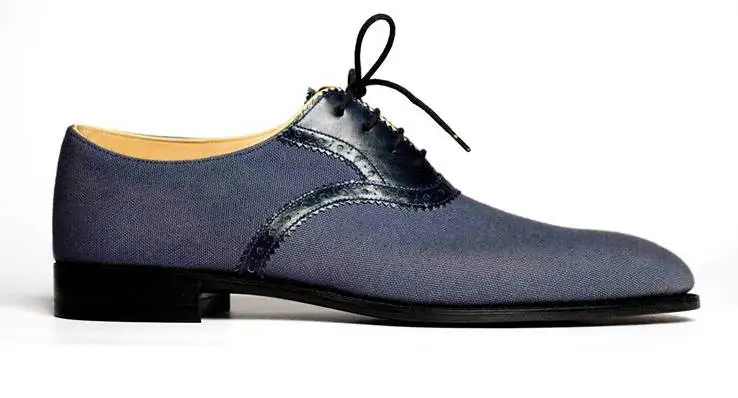
There is definitely no shortage of bespoke shoemakers in the world, that’s for sure. One that I have yet to talk about but that definitely deserves attention is that of Rudolf Scheer & Sons, who I believe is now headed by one of those sons (grandsons to be exact!), whose name is Markus. The Austrian shoemakers have been making shoes since the early 1800’s, which if you start to ponder will you thus realize is actually older than many of the world famous British shoemakers of today. Yet how many of you know about them? Probably not a lot and this simple fact always makes me curious as to why? Why did Britain (whom of course makes fantastic shoes) become so much more popular than many of their European relatives? Most like because of their boom in the industrialization of shoes, but since I am not a historian, that is just wild guesses flying off of the tongue. Either way, it’s nice to see that many of these less known shoemakers have managed to keep about and do so making beautiful and unique shoes, such as these lovely canvas ones shown. That being, if you are ever in Vienna give them a check for yourself, just don’t be surprised if you come out a bit lighter in the pocket!

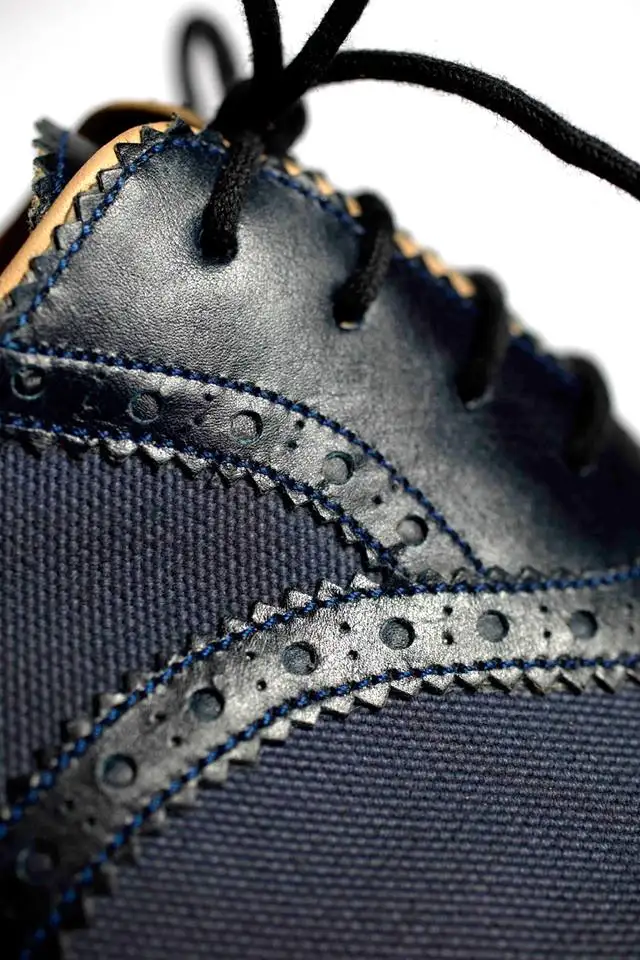
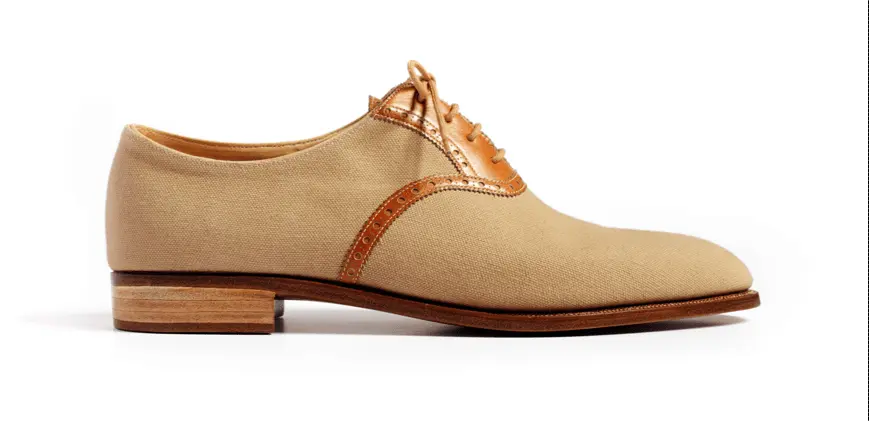



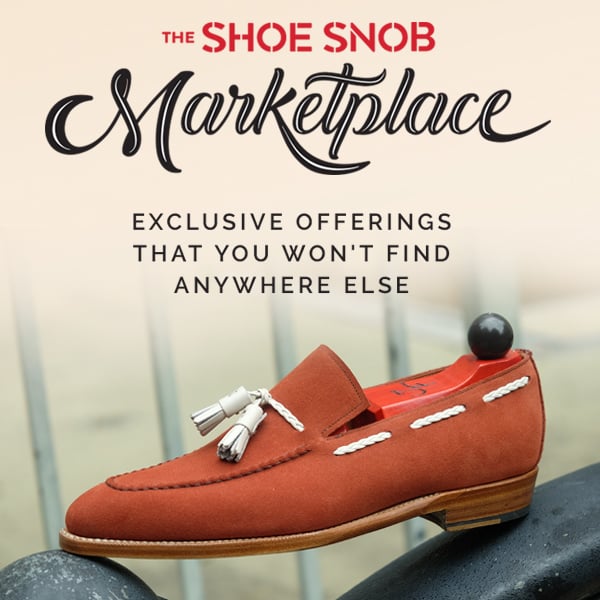
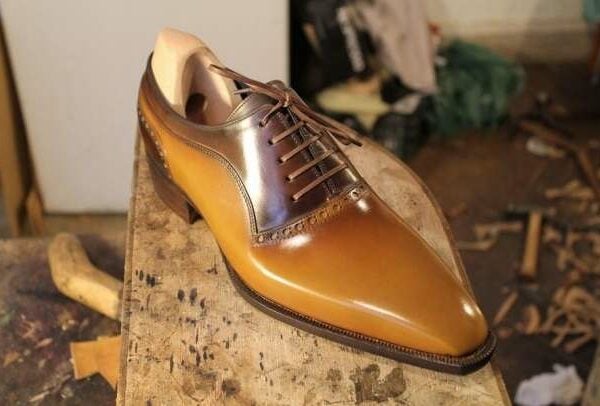
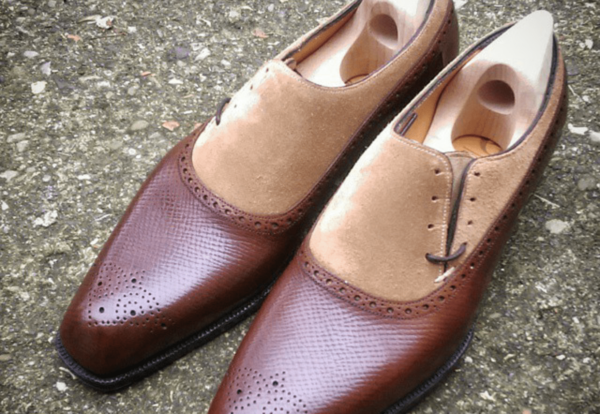
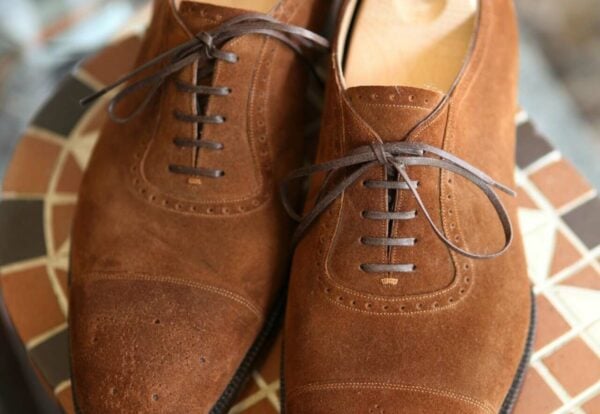
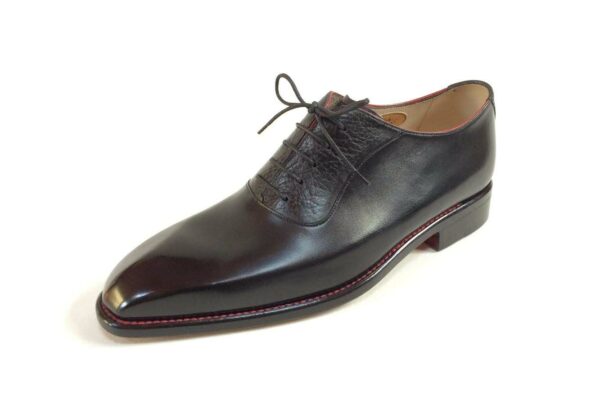

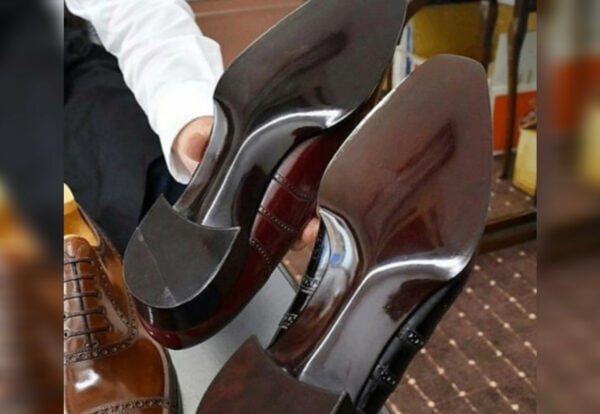
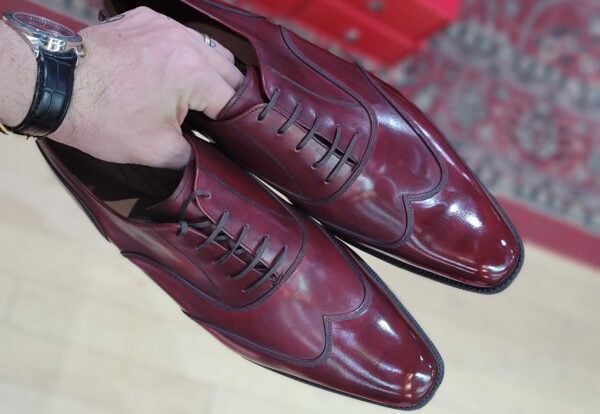

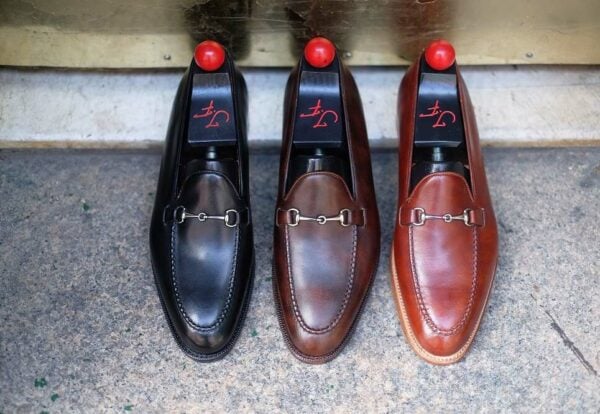
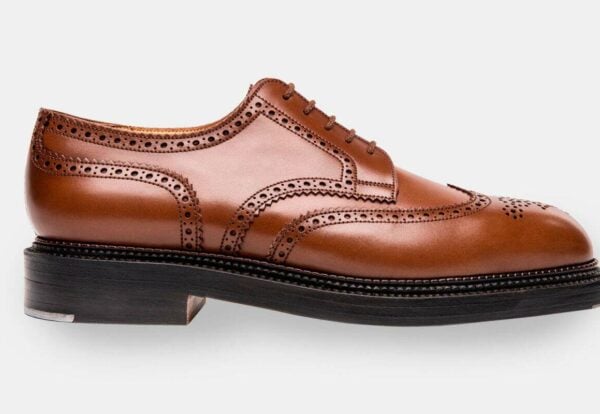
While Scheer is indeed the German-speaking Europe’s Lobb, I’ve never been able to stomach their twisted comprehension of heelcups. The human heel is round, thus these vertical Scheer cups are an abomination both to Nature and heels everywhere.
i did not even notice that until you pointed it out…hmmm I wonder how it would feel…
There were renowned english firms before Scheer, like Peal for example, they just didn’t survive. The shoe is synonymous with England because it was basically invented there. Until 1900 or so anybody who was anybody wore boots or court slippers, the shoe as we know it didn’t exist before then. It was only with evolving fashions to suit the needs of the wearer (less horse riding etc) and the rise of industrialisation (less reliance on hand sewing, more on machine stitching) did the shoe come to be. Britain’s role as the workshop of the world, the spread of the Empire and the patronage of the noble classes meant that the rest of the world couldn’t help but jump on the bandwagon. That’s why all the old firms refer to themselves as bootmakers; making boots rather than shoes is what they did when they first tooled up.
thanks for the history lesson, that makes sense!
There’s a nice video (in German) on Scheer:
http://www.servustv.com/cs/Satellite/Article/Fast-vergessen—Handwerkliches-Erbe-011259520908853
thank you Nick!